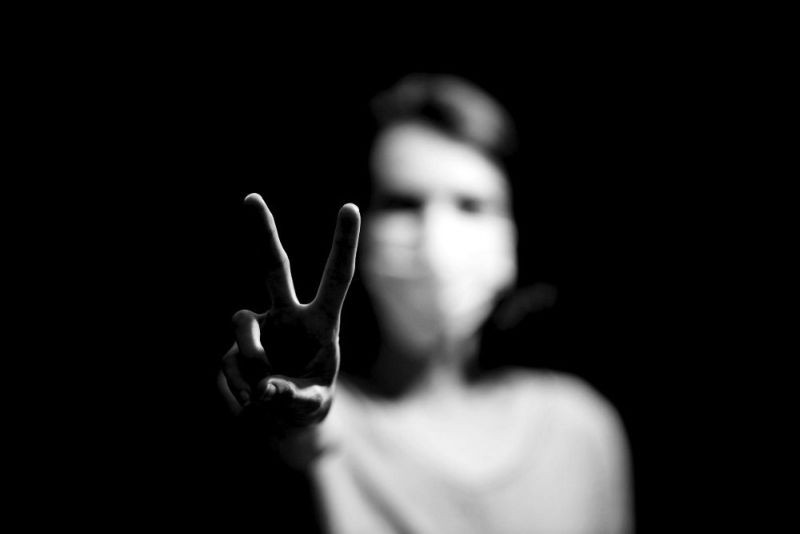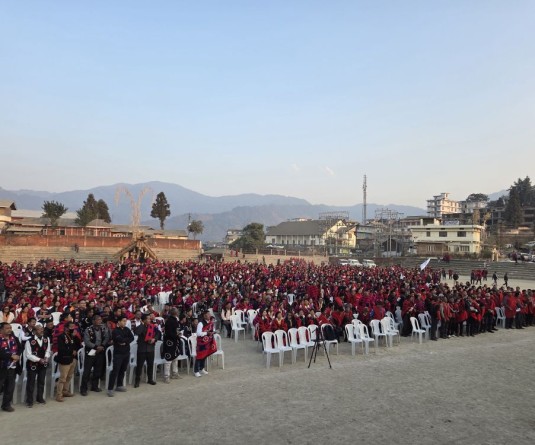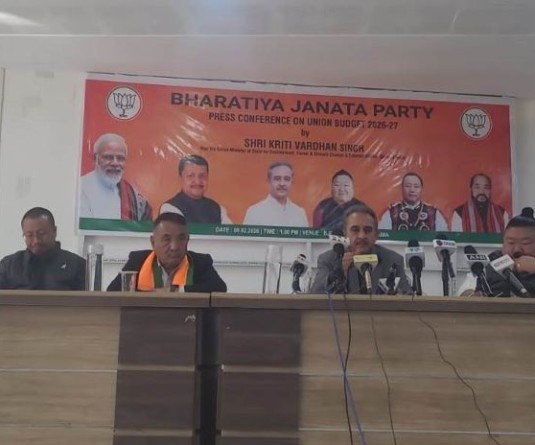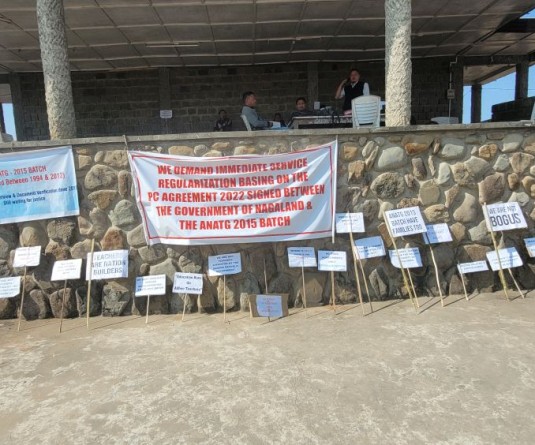(Representative Image: pixabay.com)

Morung Express News
Dimapur | March 30
A year after the COVID-19 induced lockdown, many have succumbed to the disease but a larger number of infected people have fortunately survived.
Being a new disease, there are still a lot of questions that remain to be answered about the novel coronavirus. However, some insights can be gained into the recovery process through COVID survivors who shared their ordeal and how they are still coping with their mental health months after recovery.
Following COVID-19 protocols, names of the survivors have been changed respecting their privacy.
“I had a mild COVID infection with mild symptoms but it has been 6 months after being recovered yet I still sometimes feel that I could not breathe normally like pre-COVID times,” said Theyo from Dimapur. Theyo said recovery from the disease is not the end but the bigger battle is with the mental health post COVID-19 since patients undergo fear, loneliness and anxiety during self isolation. “I felt alone, confused and scared and now I fear re-infection with lots of information being circulated that re-infection is worse,” he said.
“I think if you fall in the low risk age group and are healthy, then the bigger battle is not with the disease but with your mental state of mind. I had to convince myself every now and then that I will make it. I read books, watched movies, scrolled through the phone and slept most of the time in my 15 days of isolation,” said Zubeni from Wokha.
While fully recovered now, a doubt constantly lingers in her mind. She wonders whether her organs are affected by the virus and the thought of going for medical check up “is self expelled with clinically proven fact that I have already defeated the virus.” She shared that when infected, she had experienced mild symptoms including fever and body ache.
For most of the survivors who spoke to The Morung Express, the loss of sense of taste and smell remained even a month after recovery.
“When I did not regain my sense of taste and smell even after a month of recovery, I felt the condition will remain for the rest of my life. But I spoke to some patients who also took long to regain their senses. I convinced myself and regularly inhaled steam filled with essential oils, cooked spicy foods to get its smell etc. Gradually, I regained my sense of taste and smell,” said a private school teacher in Mokokchung.
When T Chang from Tuensang tested positive for the infection and started experiencing shortness of breath, he bought portable oxygen as an emergency kit and continued with breathing exercises. “I practised deep breathing, held my breath for 5 seconds and then slowly released it. I did this exercise five times at one go for 3-4 times in a day,” he said, while eating healthy meals and taking vitamins.
“When I was positive, the doctors did not give me any specific treatment but told me to take vitamins, eat healthy and drink lots of water and to remain isolated for 14 days,” said Tokali, an entrepreneur from Zunheboto. For Tokali, the two weeks of isolation passed without much difficulty as she communicated with her friends and family over phone who counselled her. Four months after recovery, she is back to her normal business feeling healthy.
A journalist in Dimapur who tested positive through contact tracing did not experience any symptoms. “I still doubt if I actually contracted COVID-19. For more than 4 days after I came into contact with a COVID patient, I continued to mingle with family and friends but none of them tested positive. That is why I still feel I did not contract the disease even though I self isolated for 14 days,” the recovered patient said.
I Renta from Peren described her symptoms as feeling like “something was sitting on my chest.”
“I followed COVID-19 guidelines given by the doctors and came out of isolation after 17 days. I was very disturbed until I tested negative. Thoughts about my family, children, their future etc, all these thoughts began to occupy my mind and I also lost weight during isolation,” Renta said.
“More than COVID-19, I was fighting a battle with my thoughts. Therefore, I feel proper counselling is very necessary,” Renta shared.
A Kohima-based senior bureaucrat who was at the frontline also contracted the disease and remained in isolation for 21 days.
“No matter what people say, our thought process undergoes some changes once you have contracted the disease even though your health is perfectly fine. I was taking the best immunity booster available in the local market, ate exceeding quantity of fruits to keep myself healthy and by the grace of God I could fight off disturbing thoughts,” he said.
He recovered in 14 days but was advised additional 7 days of isolation to be able to resume normal work.
For another government servant based in Dimapur, remaining in isolation for 14 days felt like years. “I washed my own cups and bowls and when I had to go out of my room to use the washroom, I generously sprayed disinfectants in the air and all places I touched besides wearing face masks,” said Temsu.
Although, he did not experience any symptoms, for the initial days of isolation he had difficulty getting proper sleep. “It is our thoughts that eat us and not necessarily the disease,” he felt.
“Like me, I think for most COVID-19 survivors, post COVID-19 stress is quite common even as lingering symptoms continue. That is why counselling is also important,” said another frontline worker who also experienced sensory loss for two weeks after recovery.
An entrepreneur from Kohima who also contracted the virus said she was given vitamins, antibiotics and cough syrups. “More than the symptoms, I began to think about my family and future and it is difficult not to think of such issues when in isolation. With support and encouragement from family and friends, I won the battle in August last year,” she said.
She admitted that the infection weakened her body and affected her mental health but with the psychological support of family, friends and medical professionals she is getting back to normalcy after two months of recovery.
With the pandemic still far from over, medical practitioners hope that as the world continues to learn more about the new infectious disease, it would lead to newer insights to help people live with COVID-19.





.jpg)
